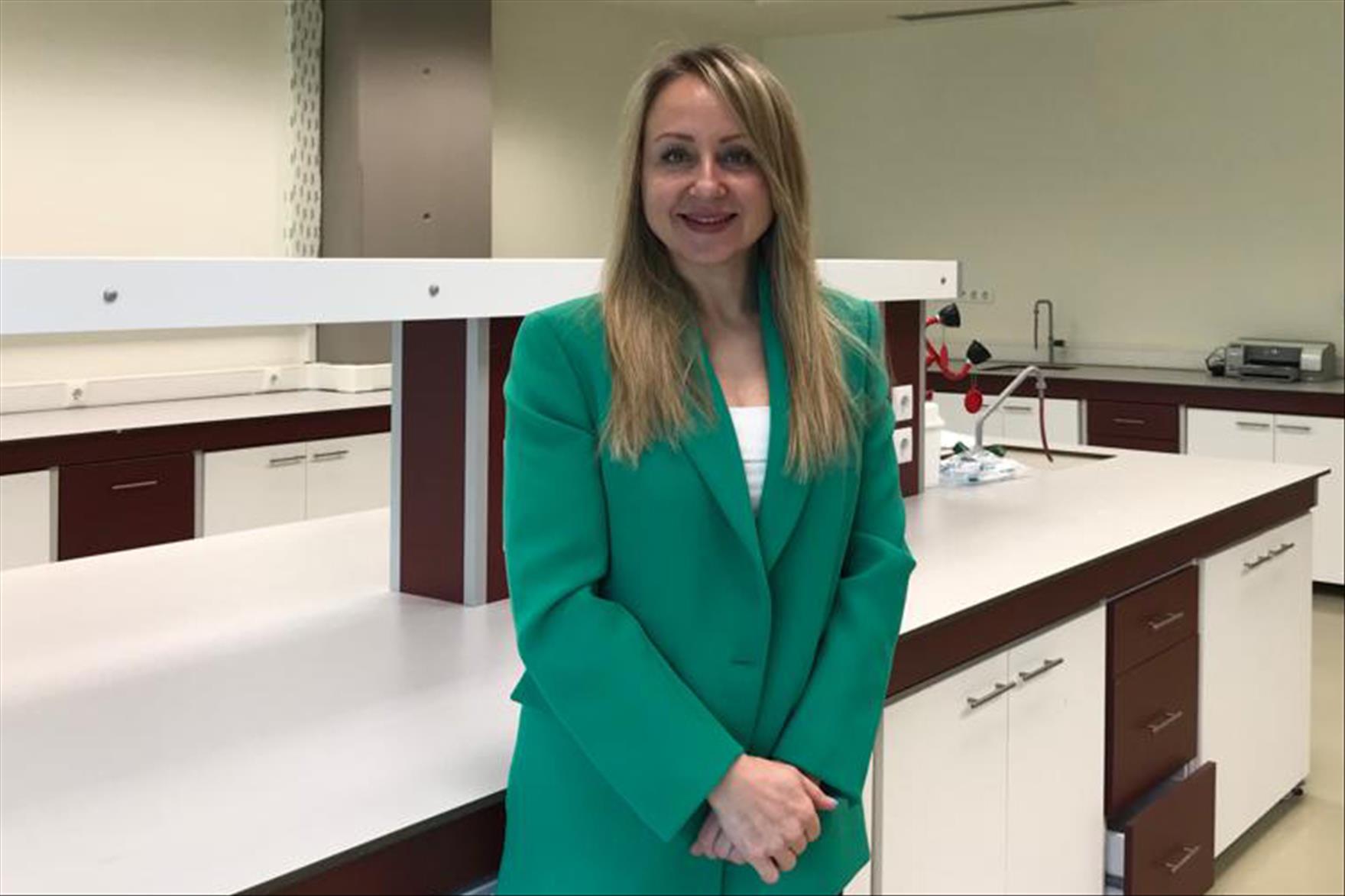TUBITAK Support for PAU's Project
With the project of PAU scientists supported by TÜBİTAK, the determination of pyrrolizidine alkaloids (PA) and its metabolite will be carried out in a much shorter time, cheaply and in a way harmless to the environment.

The project titled "The use of a newly developed oxidized multi-walled carbon nanotube functionalized gold nanoparticle molecularly imprinted electrochemical sensor modified with polypyrrole for the determination of retrorsin and its metabolite in hepatocytes and the determination of cell damage caused by retrorsin", undertaken by Pamukkale University (PAU) Lecturer Assoc. Prof. Dr. Canan Onaç, was entitled to receive support under the Scientific and Technological Research Council of Turkey (TÜBİTAK), "3501 Career Development Program".
In the project, Assoc. Prof. Dr. Ahmet Kaya, Lecturer at the Department of Chemistry, and Assoc. Prof. Dr. Ayşegül Çört Dönmez, Lecturer at the Department of Medical Biochemistry, are the researchers, while Prof. Dr. Abdullah Akdoğan, Lecturer at the Department of Chemical Engineering, is the consultant. With the project, the determination of pyrrolizidine alkaloids (PA) metabolite will be carried out in a much shorter time, cheaply and harmless to the environment.
Regarding their project, PAU Lecturer Assoc. Prof. Canan Onaç stated the following: "With this project, we aim to produce an electrochemical sensor with a new composite material synthesized for the rapid, sensitive, selective, reliable and simple determination of PA contamination and its most common metabolite in hepatocyte cells for PA contamination and its most common metabolite due to the fact that pyrrolizidine alkaloids (PA), which is an undesirable class of compounds in herbal products with increasing consumption, which is an important problem in thyme exports, especially in Denizli province, and its metabolism leading to detoxification, directly causes hepatotoxicity and liver tumors. Currently, the methods used in the contamination of PAs analyzed by chromatographic techniques are quite expensive and require expertise. The electrochemical sensor to be developed within the scope of the presented project will be used as an alternative to chromatographic methods as it will allow the determination of PA and its metabolite at very low concentrations without the need for pre-treatment. Thus, it is thought that the determination of PA and its metabolite will be realized in a much shorter time, inexpensively and harmless to the environment and will contribute to the national economy. The applicability of the newly developed sensor and method will provide an opportunity for interdisciplinary studies and prepare the ground for new projects. We expect that the experiments to be carried out within the scope of the project will bring the applications in the field of medical biochemistry one step closer to faster and more sensitive determination and detection of PAs and their metabolites in the future, and we anticipate that it will contribute to the field of medicine by pioneering the visa to investigate the use of more advanced techniques. We think that bringing such a comprehensive and interdisciplinary project to Pamukkale University will make an important contribution to the realization of future studies."
